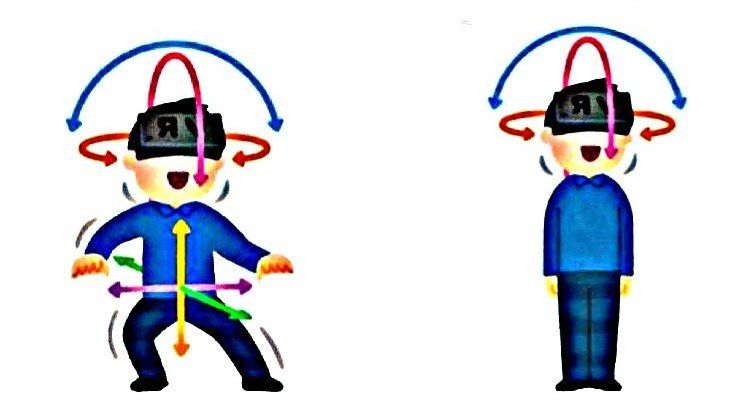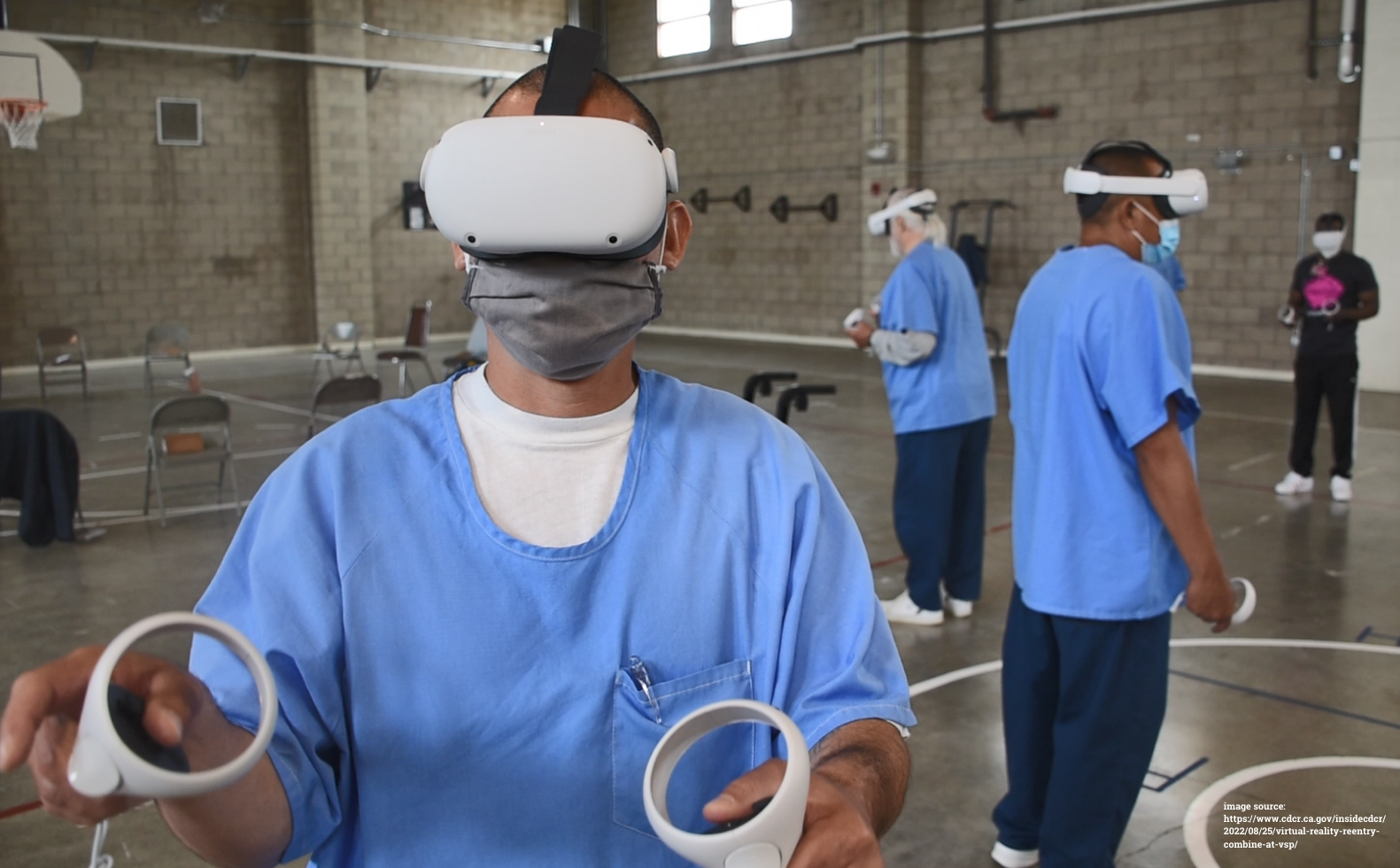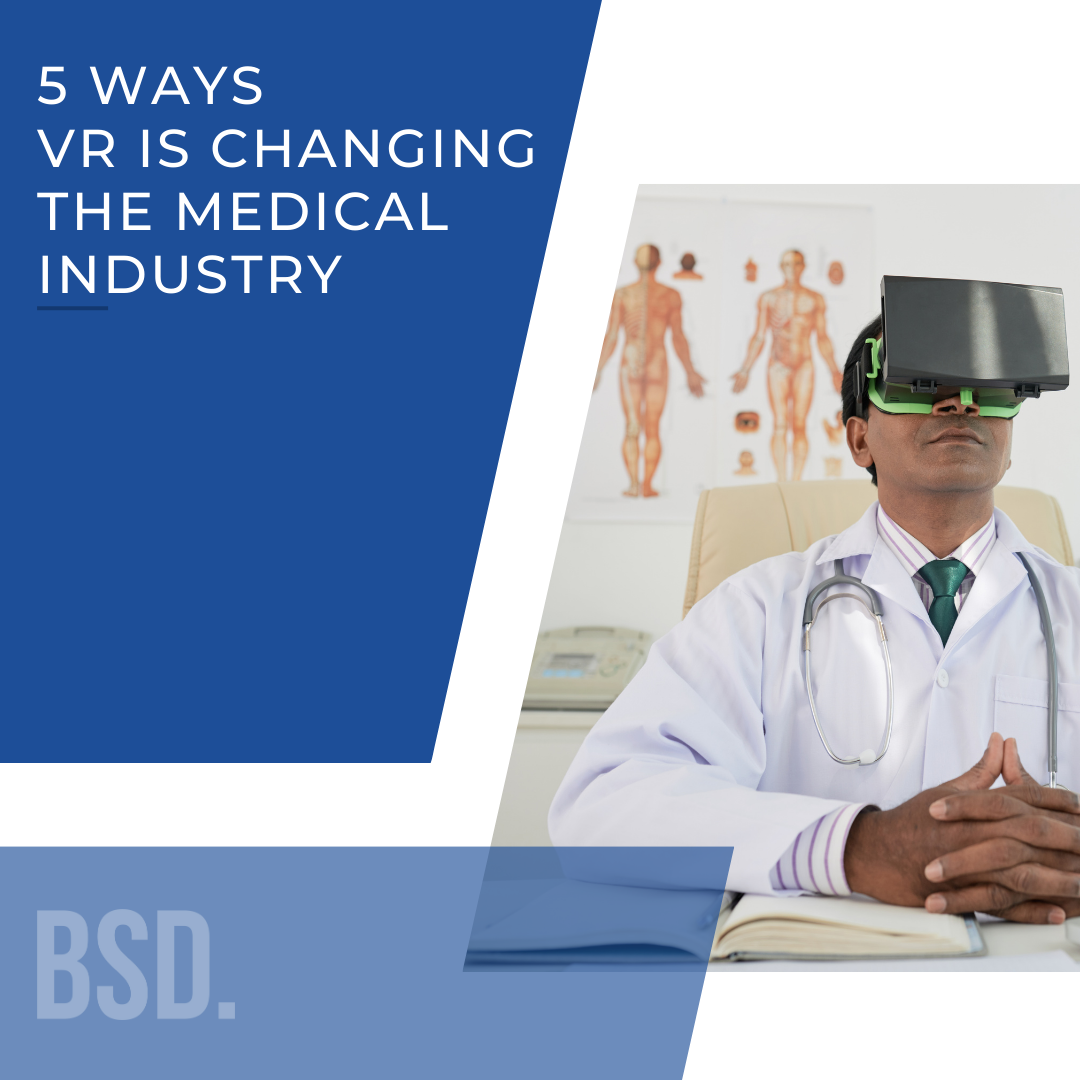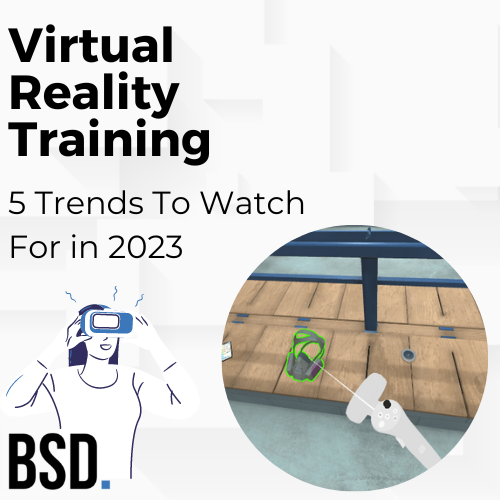BSD XR Blog
Featured Posts
Join 10,000+ people who get XR tips, insights, and company updates monthly.
Newsletter Subscription
Thank you for contacting us.
We will get back to you as soon as possible.
We will get back to you as soon as possible.
Oops, there was an error sending your message.
Please try again later.
Please try again later.
All Posts

February 22, 2023
CSAM: THE Safety Conference is an annual two-day conference held at the RBC Convention Centre. Its goal is to raise participants' safety knowledge, best practises, leadership, and management abilities, as well as to recognise the significance of workplace safety. Every year, CSAM: THE Safety Conference, which attracts more than 1500 registrants, 100+ exhibitors, 65+ corporate sponsors, and 50+ instructors from all across North America, offers 2500 training certificates. Visit the official website to learn more.

January 26, 2023
Virtual reality is being used to accelerate the development of electric vehicle manufacturing by simulating the assembly line process and identifying potential bottlenecks or issues before they occur in the real-world. This allows for more efficient and streamlined production, reducing the time and cost required to bring new electric vehicles to market.

January 12, 2023
It's well known that the mining industry contains many risks and inefficiencies. What's less known, is that virtual reality is helping fix both these issues, and as a result, improving the entire process of how a mine operates.
From effectively training workers with hazardous simulations, to saving time with mapping out layouts and designs, to improving team communication and implementation or tasks, virtual reality is changing the mining industry.
Below are three of the common uses of VR in the mining industry.

By Daniel Blair
•
December 19, 2022
Virtual reality (VR) technology has become increasingly popular and accessible in recent years, and it has the potential to revolutionize the way that businesses train their staff. VR offers several benefits over traditional training methods, such as in-person seminars or online courses. One significant benefit of VR for training is that it allows for immersive and interactive experiences. With VR, trainees can be placed in realistic environments and situations, and they can practice their skills and knowledge in a more engaging and effective way than watching a video or reading a textbook. For example, a VR training program could simulate a retail store, allowing employees to practice customer service skills or product knowledge in a realistic setting. Another advantage of VR for training is that it can be customized to the specific needs of each trainee. Traditional training methods often rely on one-size-fits-all approaches, but with VR, businesses can tailor their training programs to each employee's unique needs and abilities. This can make the training more effective and efficient, as it ensures that each trainee is learning the skills and knowledge that are most relevant and useful for their job. In addition, VR training can be more cost-effective than other methods. With VR, businesses can save on the costs of travel and accommodations for in-person training and the time and money spent on creating and distributing physical training materials. VR training can also be accessed and completed from anywhere, allowing employees to learn at their own pace and on their own schedule. Furthermore, VR can provide a safer and more controlled environment for training. With VR, businesses can simulate dangerous or difficult situations, such as working with hazardous materials or responding to emergencies, without exposing employees to actual risks. This can not only improve the safety of the training process, but it can also help employees feel more confident and prepared when they encounter these situations in the real world. Overall, the benefits of VR for training are clear. From immersive and interactive experiences to customizable and cost-effective solutions, VR technology offers a wealth of opportunities for businesses looking to improve how they train their staff. As VR technology advances, we can expect to see more innovative and effective training programs being developed.

By Bit Space Development
•
March 17, 2022
VR-Assisted language Learning Really Works A Mounting Body of Evidence Suggests VR Can Help You Learn a new Language By BSD Staff Learning a second language is challenging. It requires substantial time to learn the basics of a new language, and it requires sustained effort to become fluent. However, a recent body of research suggests […]

By Bit Space Development
•
December 21, 2021
Now is the time for businesses to embrace the Metaverse By BSD Staff The world is rapidly changing in many ways. If you’re not paying close attention to all the emerging new technologies, you may not have noticed how rapidly our physical world moves more in line with the digital world. In the future – […]

By Bit Space Development
•
September 29, 2021
Get Ready For The Metaverse! It’s Coming in Hot! By BSD Staff The Metaverse is suddenly on fire! Mark Zuckerberg recently announced that Facebook is on a path to transform into a Metaverse company. TikTok spent 9 billion to acquire VR equipment company Pico Interactive, and Roblox, which is called the first stock of the Metaverse, rose 10 […]

By Bit Space Development
•
September 13, 2021
The Era of 3-DoF VR is Coming to an End One of the last makers of stationary VR headsets for business is moving to full-motion hardware. The era of 3-degrees of freedom VR is coming to an end to make way for better technology to pave the path of the future. By Kevin Carbotte The […]
By Bit Space Development
•
April 22, 2021
Vive’s Facial Tracker Makes VR Experiences More Realistic By Kevin Carbotte HTC recently released the Vive Facial Tracker, which tracks your facial expressions and maps them to your virtual avatar. Now you can fully express yourself in virtual reality. But why would you want to? Let’s explore a few potential use cases to deploy the […]

By Bit Space Development
•
January 6, 2021
Creating 3D Assets from Volumetric Video Data Science Students at Regis University are developing a novel process for creating 3D models from volumetric video By Kevin Carbotte Bit Space Development, Link to Learn, and Regis University formed a partnership that places Data Sciences students in real-world projects developing new processes and pipelines for 3D object tracking. This partnership is […]

By Bit Space Development
•
September 25, 2020
Trimble XR10 Includes HoloLens Tech Certified for the Jobsite By Kevin Carbotte Microsoft’s HoloLens 2 is an incredible piece of technology that can elevate your team’s productivity and efficiency by combining the virtual world with the real world to give employees more information to work with. Augmented reality applications can save companies time and money. […]

By Bit Space Development
•
September 16, 2020
Oculus Quest 2: What Does it Mean for Enterprise VR By Kevin Carbotte Facebook today revealed the Oculus Quest 2, the company’s second-generation standalone VR headset, and it is a huge technological jump forward from Quest. The new device offers higher resolution displays, a much more powerful processor and graphics unit, and it supports the […]

By Bit Space Development
•
September 4, 2020
Microsoft’s HoloLens 2 Brings the Mixed Reality Dream to Life By Kevin Carbotte In 2015, Microsoft shocked the world with the reveal of the HoloLens mixed reality device and the promise of blending the real world with virtual computing environments for greater productivity. The first iteration of the HoloLens, while impressive, fell far short of […]

By Bit Space Development
•
June 26, 2020
Is 3-DoF VR Dead? Not Yet! Oculus Discontinued the Oculus Go, but the industry isn’t giving up on 3-degrees of freedom yet. By Kevin Carbotte Oculus this week discontinued the Oculus Go 3-Degrees of Freedom (3-DoF) standalone VR headset, which signals the end of the 3-DoF VR era for Oculus. The company’s future lies solidly […]

By danblair
•
May 5, 2020
Five Years of BSD By Daniel Blair Bit Space Development was founded five years ago. That is not something a lot of startup tech companies can say, and we’re humbled that we’ve made it this far. To even think about that is mind-boggling for us. Five years is a long time, especially when you’re working […]

By Bit Space Development
•
April 3, 2020
VR Sickness: Do You Need to Worry About It In 2020? By Kevin Carbotte One of the questions we hear most often when introducing people to virtual reality is whether people will get motion sickness. The short answer is probably not. The long answer, however, is quite a bit more complicated. What’s all the concern […]

By Bit Space Development
•
March 23, 2020
AltspaceVR Keeps Teams Together While Practicing Social Distancing When you can’t meet physically, you can still meet virtually By Kevin Carbotte The rapid onset of the Covid-19 virus has dramatically and substantially changed the way we work in teams. People who are accustomed to working together in one location must now figure out how to […]

By danblair
•
January 6, 2020
BSD Marketing Using XR to Ensure a Safe Work Environment Access to the Internet can be spotty in Northern Canada. But heavy industry happens up there all the same, and Bit Space Development’s Daniel Blair wants to bring those workers the same access to XR-driven training and remote expert assistance as anywhere else enjoys. He […]

By Bit Space Development
•
December 18, 2019
VR Cover Keeps Your VR Headsets Sanitary By Kevin Carbotte Update November 24, 2020: VRCover has just released a new version of its face cushion product designed for the Oculus Quest 2. More details below. Update March 23, 2020: In light of the current global pandemic of the deadly Covid-19 coronavirus, the information here is […]

By Bit Space Development
•
September 23, 2019
Business VR Buyer’s Guide Choosing the right hardware doesn’t need to be difficult By Kevin Carbotte The landscape of available VR hardware can be confusing. There are many different headsets available, but not all VR devices are created equal. It can be easy to get confused when buying a VR device, especially with the wide […]
We want to hear from you!
Our team is always researching new tech and industry trends. Reach out if you have something specific in mind.
CONTACT US
Global Headquarters
1555 Dublin Avenue, R3E 3M8
Winnipeg, MB, Canada
PUBLIC RELATIONS
DIVISIONS
GENERAL
IN THE SPIRIT OF RECONCILIATION
We would like to acknowledge that the land on which we gather is Treaty One Territory, the home and traditional lands of the Anishinaabe (Ojibwe), Ininew (Cree), and Dakota peoples, and in the National Homeland of the Red River Métis. Our drinking water comes from Shoal Lake 40 First Nation.
Join 10,000+ people who get XR tips, insights, and company updates monthly.
Contact Us
Thank you for contacting us.
We will get back to you as soon as possible.
We will get back to you as soon as possible.
Oops, there was an error sending your message.
Please try again later.
Please try again later.
Privacy Policy Accessibility Sitemap Support
© 2025
Bit Space Development Ltd.
































